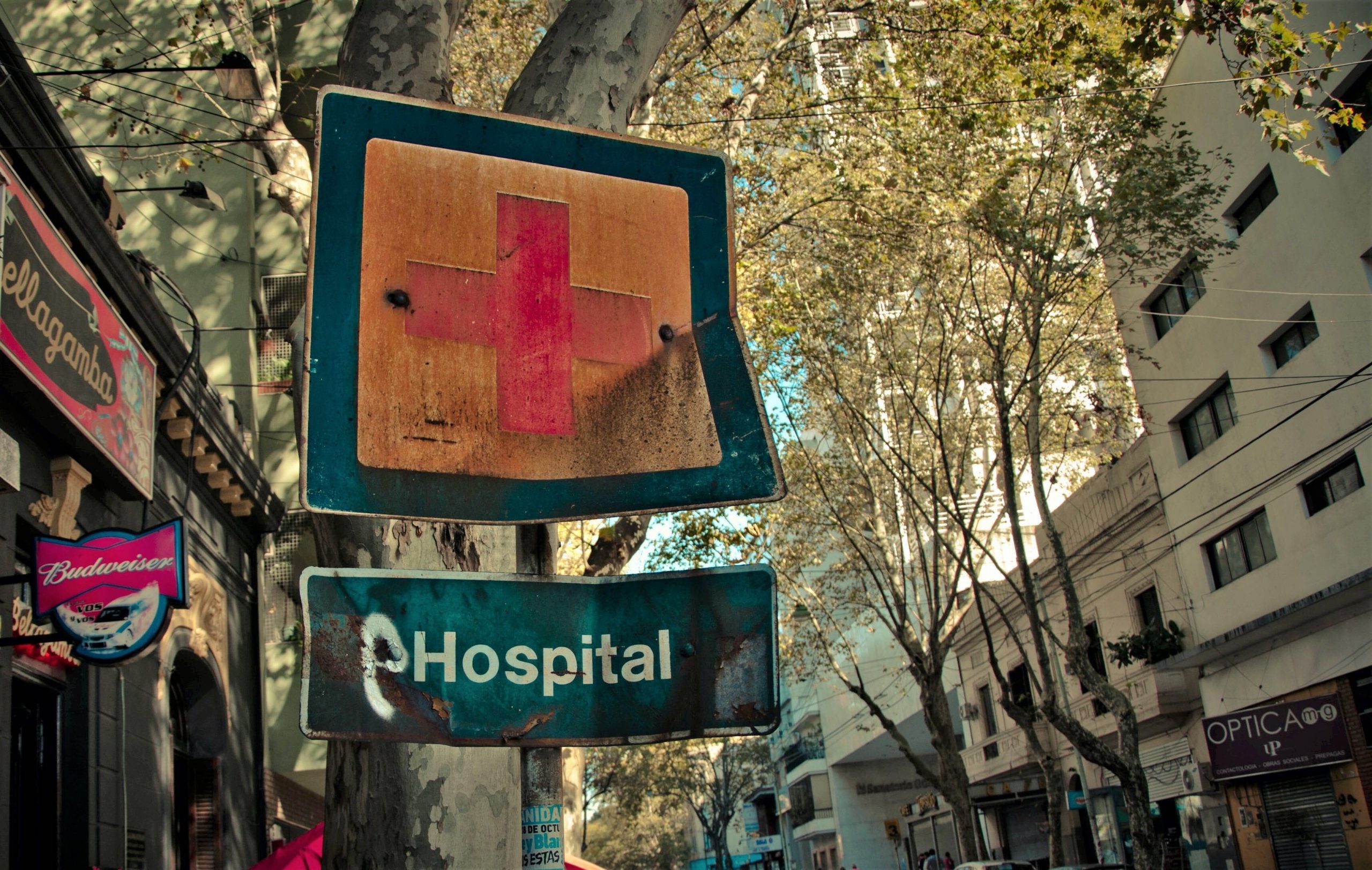In the global fight against corruption, our intuition is often right. We expect countries with faltering governments, fragile institutions, and low per capita incomes to struggle to keep money from going where it shouldn’t—and generally speaking, they do. Likewise, many examples of wealthy countries with strong rule of law and government integrity institutions lead us… Read More
As international humanitarian and military aid floods into Ukraine to support the country’s resistance against Russia’s invasion, it is important to ensure this aid is used with integrity and reaches its intended targets. On this front, the international community’s experience in Afghanistan since 2001 offers a cautionary tale to the world today on the potential… Read More
In a significant milestone to educate humanitarian aid workers on corruption risks, the Center for International Private Enterprise (CIPE) launched a pilot anti-corruption training program in March 2021. The need for innovative approaches to address corruption in humanitarian aid has been crystal clear during the COVID-19 pandemic. Transparency International’s Advocacy and Legal Advice Centres, operating… Read More
As the COVID-19 pandemic has rapidly become the largest global humanitarian crisis in a generation, front-line humanitarian aid workers need better training to avoid the damaging practical, financial, and reputational costs of corruption. The pandemic has prompted calls for a massive humanitarian response. As cases and deaths have continued to rise around the world,… Read More




